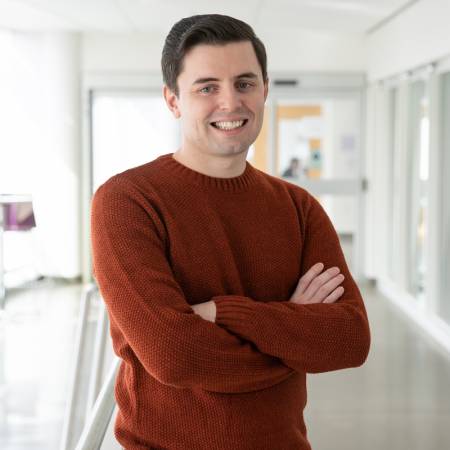Special Talk
Making AI trustworthy and understandable by clinicians
Abstract: Understandable-AI techniques facilitate to use of AI as a tool by human experts, giving humans insight into how AI decisions are made thereby helping experts discern which AI predictions should or shouldn’t be trusted. Understandable techniques may be especially useful for applications with insufficient validation data for regulatory approval, for which human experts must remain the final decision [...]
Perceiving Objects and Interactions in 3D
Abstract: We observe and interact with myriad of objects in our everyday lives, from cups and bottles to hammers and tennis rackets. In this talk, I will outline our group’s efforts towards understanding these objects and our everyday interactions with them in 3D. I will first focus on scaling 3D prediction for isolated objects across [...]
Special RI Seminar
Title: Testing, Analysis, and Specification for Robust and Reliable Robot Software Abstract: Building robust and reliable robotic software is an inherently challenging feat that requires substantial expertise across a variety of disciplines. Despite that, writing robot software has never been easier thanks to software frameworks such as ROS: At its best, ROS allows newcomers to assemble simple, [...]
Composable Optimization for Robotic Motion Planning and Control
Abstract: Contact interactions are pervasive in real-world robotics tasks like manipulation and walking. However, the non-smooth dynamics associated with impacts and friction remain challenging to model, and motion planning and control algorithms that can fluently and efficiently reason about contact remain elusive. In this talk, I will share recent work from my research group that takes an “optimization-first” [...]


